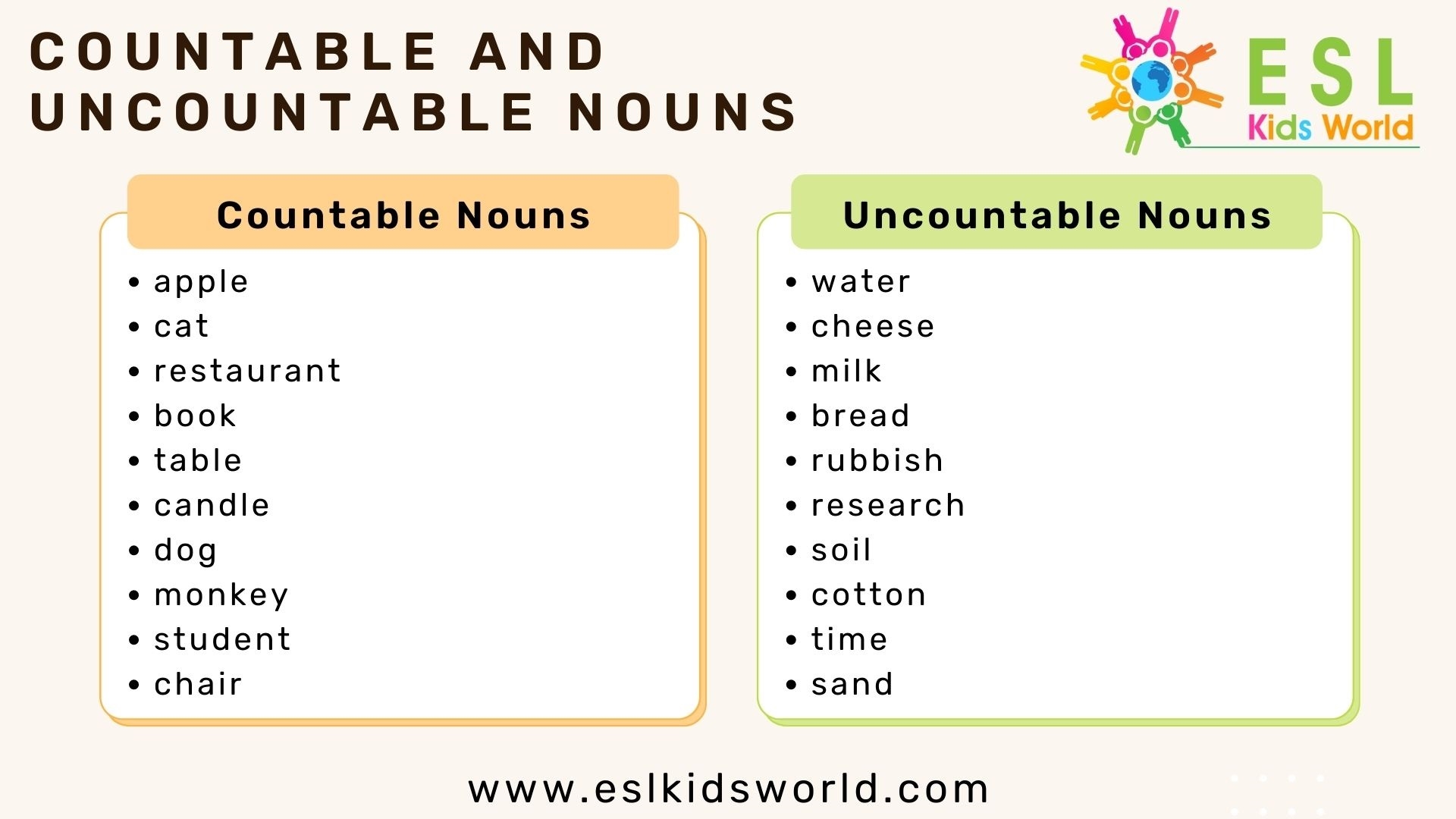Uncountable nouns are an essential part of the English language. They refer to things that cannot be counted or quantified in numbers. These nouns are often used to describe substances, concepts, or qualities that are considered to be continuous or infinite.
Examples of uncountable nouns include words like “water,” “information,” “advice,” and “happiness.” These nouns do not have a plural form and are always used in the singular. Understanding how to use uncountable nouns correctly is crucial for effective communication in English.
Characteristics of Uncountable Nouns
One key characteristic of uncountable nouns is that they cannot be preceded by a numerical value. For example, you cannot say “two waters” or “three informations.” Instead, you would use phrases like “a bottle of water” or “some information” to indicate a quantity without specifying a number.
Uncountable nouns also do not take an indefinite article (a/an). Instead, they are typically used with the definite article “the” or with no article at all. For instance, you would say “the furniture” instead of “a furniture” or simply “furniture.”
Another important feature of uncountable nouns is that they do not have a plural form. This means that you cannot add an “-s” or “-es” to these nouns to indicate more than one. For example, you would not say “waters” or “informations” as these are incorrect forms.
It is essential to pay attention to the context in which uncountable nouns are used to ensure that they are properly understood. Using uncountable nouns correctly can help you convey your ideas clearly and effectively in both spoken and written English.
In conclusion, uncountable nouns play a vital role in the English language by representing concepts, substances, and qualities that cannot be counted. Understanding the characteristics and proper usage of uncountable nouns is essential for effective communication. By mastering the use of uncountable nouns, you can enhance your language skills and express yourself more accurately in English.
